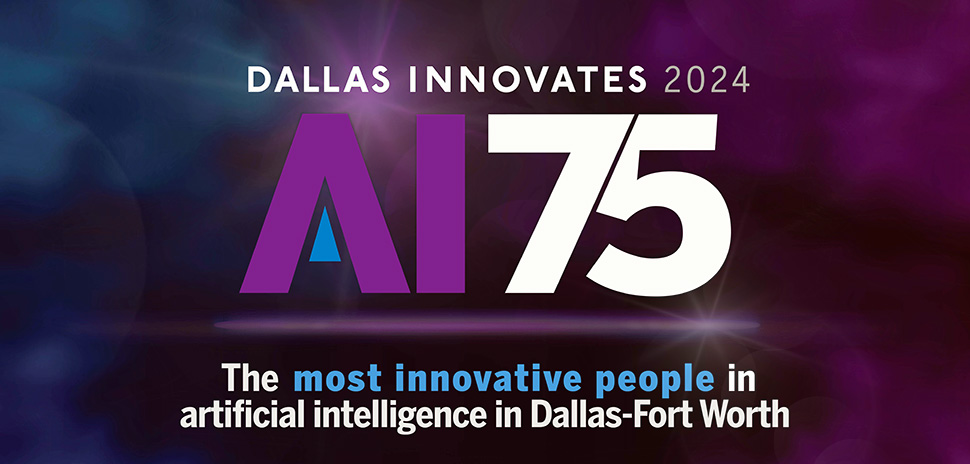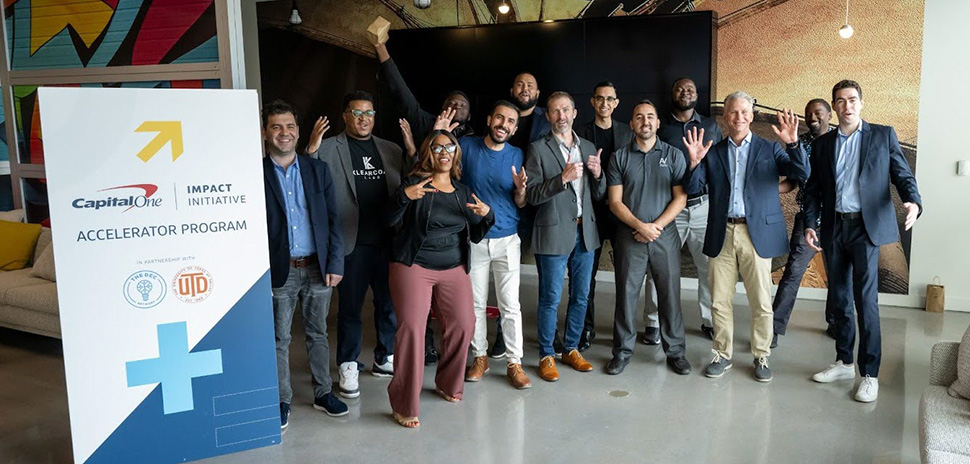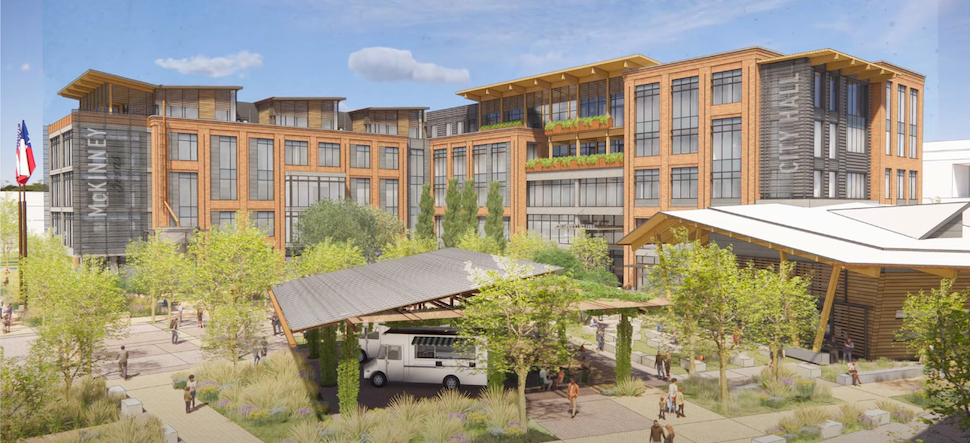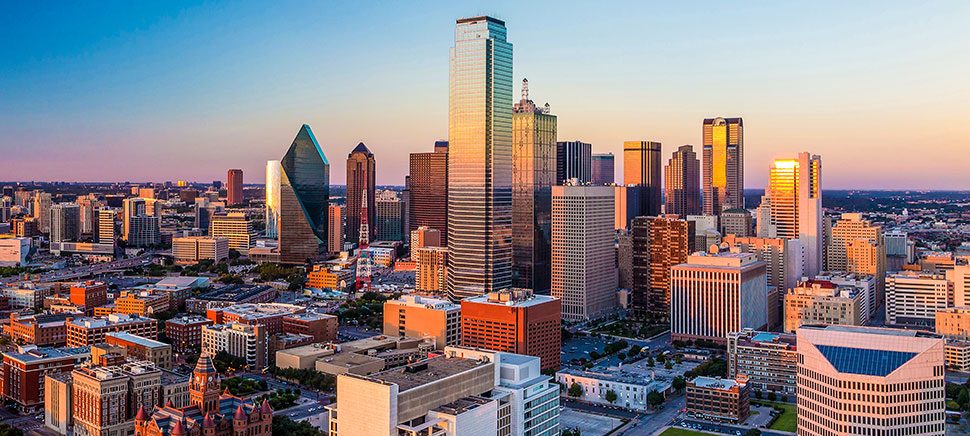After a successful initial deployment at select intersections, the City of Arlington has chosen an Israeli mobility system developer to expand its traffic management system to more areas of the city.
The company, Tel Aviv-based NoTraffic, said the city chose to expand the AI-based system for its proven ability to enhance safety and reduce congestion.
Arlington Mayor Jim Ross said expanding NoTraffic’s system is part of a larger strategy aimed at refining the local transportation network for the community’s benefit.
“Arlington has always been at the forefront of embracing groundbreaking technologies to enhance the quality of life for our residents,” Mayor Ross said. “By reducing traffic congestion and carbon emissions, we are not just improving daily commutes but also contributing to a sustainable and eco-friendly future for our city.”
NoTraffic presents its system as a cost-effective solution designed to streamline city traffic management by reducing integration costs and the need for multiple suppliers. The company describes its offering as a versatile, single hardware platform capable of adapting to the changing requirements of urban infrastructure.
The company said it serves millions of drivers every day and is deployed in many locations across North America. It operates in more than 25 states, including California, Texas, Pennsylvania, Colorado, Florida, and Georgia, along with parts of Canada.
NoTraffic CEO and co-founder Tal Kreisler highlighted the company’s focus on developing “innovative, future-proof solutions” tailored to the changing demands of Arlington and other municipalities.
The firm touts its platform as the first-ever mobility marketplace that consolidates various services to improve safety, data analysis, efficiency, and detection. Designed to be both flexible and scalable, the system adapts to the distinct needs of different communities, ensuring relevance and utility well into the future, according to the company.
How the NoTraffic system works
NoTraffic highlights its system’s capacity to enhance safety, diminish traffic delays, and foster fuel savings, presenting a compelling return on investment for cities. Per the company, its technology can revamp any signalized intersection into a software-driven framework in just a few hours.
Central to the platform’s design is its AI-driven approach that prioritizes safety, adapting to transportation demands, including the ability to recognize and safeguard vulnerable road users like pedestrians and cyclists.
The company said the system transforms traffic lights into a cloud-connected digital grid that improves efficiency, sustainability, and safety while enabling the next generation of mobility. The system also enables real-time traffic management, reducing congestion, accidents, and emissions while supporting municipal planning and optimizing mobility.
NoTraffic said it has formed strategic partnerships with major communication companies such as Dallas-based AT&T Inc. and Canada-based Rogers Communications.
The company was founded in 2017 by Tal Kreisler, Uriel Katz, and Or Sela. It also has a location in Palo Alto, California, and New York City.
![]()
Get on the list.
Dallas Innovates, every day.
Sign up to keep your eye on what’s new and next in Dallas-Fort Worth, every day.












![Shirin Nilizadeh, a University of Texas at Arlington researcher is working on the vulnerabilities of AI to online misrepresentation. Misrepresentation is part of the word cloud that depicts artificial intelligence challenges. [Sources: DI, Illustration Rob Wilson/Shutterstock]](https://s24806.pcdn.co/wp-content/uploads/2023/06/AI-Word-Cloud_970_Shutterstock-DIedit-970x464.jpg)





















































